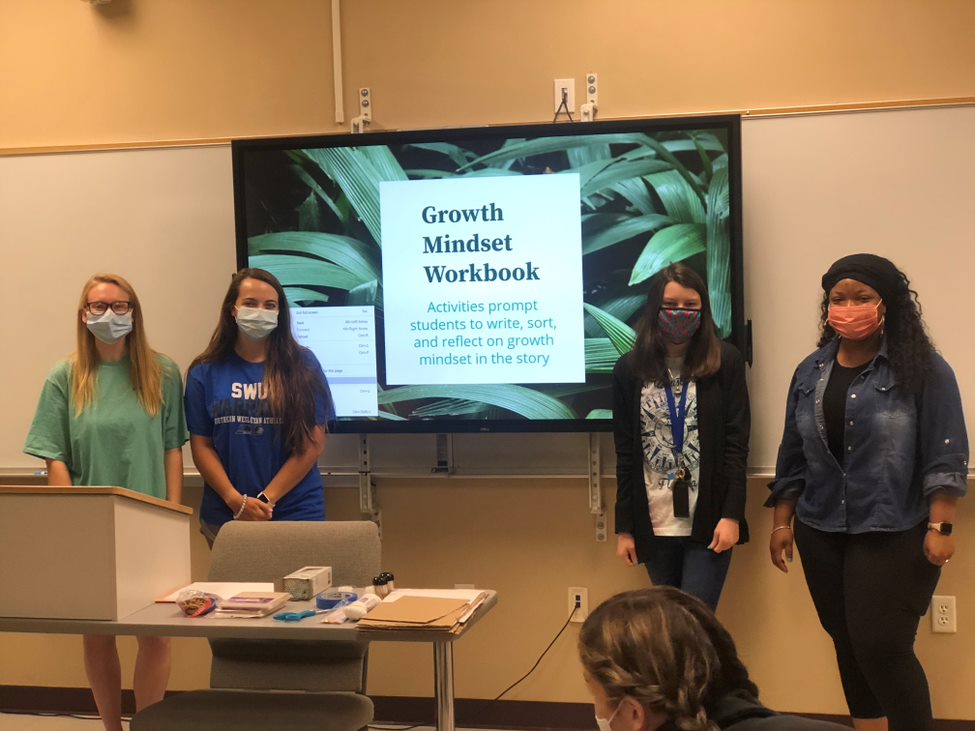Federal CIP: 13.1006 Education/Teaching of Individuals with Mental Retardation
The degree in Multi-categorical Special Education is intended for those candidates who plan to work with students with special needs. The B.S. degree in Multi-categorical Special Education allows for certification of teacher candidates in grades PreK-12 in the areas of learning disabilities, mild to moderate mental disabilities, and emotional/behavior disorders. The degree is recognized by the National Council for Exceptional Children and the South Carolina Department of Education.
Learning Outcomes
Students completing the Bachelor of Science (BS) in Special Education are expected to demonstrate the knowledge and skills in each of the following areas.
Learner Development and Individual Learning Differences
Beginning special education professionals understand how exceptionalities may interact with development and learning and use this knowledge to provide meaningful and challenging learning experiences for individuals with exceptionalities.
Learning Environments
Beginning special education professionals create safe, inclusive, culturally responsive learning environments so that individuals with exceptionalities become active and effective learners and develop emotional well-being, positive social interactions, and self-determination.
Curricular Content Knowledge
Beginning special education professionals use knowledge of general and specialized curricula to individualize learning for individuals with exceptionalities.
Assessment
Beginning special education professionals use multiple methods of assessment and data-sources in making educational decisions.
Instructional Planning and Strategies
Beginning special education professionals select, adapt, and use a repertoire of evidence-based instructional strategies6 to advance learning of individuals with exceptionalities.
Professional Learning and Ethical Practice
Beginning special education professionals use foundational knowledge of the field and the professional Ethical Principles and Practice Standards to inform special education practice, to engage in lifelong learning, and to advance the profession.
Collaboration
Beginning special education professionals collaborate with families, educators, related service providers, individuals with exceptionalities, and personnel from community agencies in culturally responsive ways to address the needs of individuals with exceptionalities across a range of learning experiences.
Majors must maintain an overall GPA of 2.75 with no grade lower than B- in all EDUC, EDRS and PHED courses in their program.
